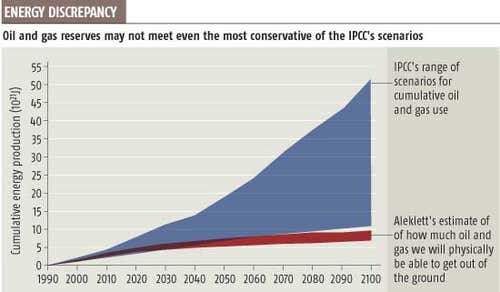Motor oil, an indispensable element of modern automotive maintenance, often elicits a profound curiosity regarding its broader implications for environmental health and climate stability. The question arises: does the usage of motor oil significantly impact global warming? To dissect this inquiry, we must delve into the multifaceted relationship between fossil fuel consumption, oil production, and greenhouse gas emissions, all of which are interwoven in the tapestry of climate change.
At the heart of the discussion lies the understanding that motor oil, a lubricant vital for engine performance, primarily originates from crude oil, a non-renewable resource. The extraction and refining processes associated with crude oil are not only energy-intensive but also contribute substantially to greenhouse gas emissions. The more we utilize motor oil, the greater the demand for crude oil extraction, leading to an increased carbon footprint.
When vehicles operate using fossil fuels, they emit carbon dioxide (CO2), a principal contributor to the enhancement of the greenhouse effect. Traditionally, the combustion of fuel in internal combustion engines generates byproducts, primarily CO2 and other pollutants, that accumulate in the atmosphere. It is estimated that transportation accounts for approximately 29% of total greenhouse gas emissions in the United States, a staggering figure that underscores the importance of addressing this sector in our climate action initiatives.
The role of motor oil usage in this narrative primarily aligns with the fuel combustion process. Motor oil serves various purposes, including reducing friction, preventing wear, and working as a heat transfer medium. However, the benefits it provides come at a cost—its life cycle and eventual disposal pose environmental challenges. When motor oil is improperly disposed of, it can lead to soil and water contamination, which indirectly contributes to climate change through the degradation of local ecosystems. Healthy ecosystems play a crucial role in carbon sequestration; thus, their destruction can exacerbate atmospheric CO2 levels.
Moreover, advances in motor oil technology have given rise to synthetic oils, which are often touted as environmentally friendlier alternatives. Synthetic oils typically last longer than conventional oils and exhibit superior performance characteristics, leading to reduced oil changes and fewer production demands over time. However, the production of synthetic oils is itself energy-intensive, raising questions about the overall sustainability of their usage. It is essential to consider whether the benefits of synthetic oils, such as extended vehicle lifespans and reduced emissions during operation, offset their carbon footprint during production.
In an era increasingly defined by environmental concerns, there is a growing movement toward the adoption of alternative energy sources. Electric vehicles (EVs) exemplify this shift, promising a reduction in reliance on fossil fuels and subsequently a decrease in motor oil usage. EVs produce zero tailpipe emissions, substantially mitigating the carbon output associated with traditional vehicles. While the production of electric vehicles also has environmental costs, particularly concerning battery manufacturing, the overall trajectory indicates a significant reduction in life-cycle emissions—when considering renewable energy inputs—and consequently, a more favorable impact on global warming.
Furthermore, the juxtaposition of motor oil usage and climate change cannot be fully articulated without acknowledging the effects of regulatory measures. Policies encouraging fuel efficiency and promoting cleaner technologies serve as crucial mechanisms in combating climate change. Initiatives such as stricter emissions standards compel manufacturers to innovate and embrace greener solutions. This convergence of policy, technology, and public awareness will define the trajectory of motor oil usage and its consequential impact on climate change. The overarching goal remains: to transition from a reliance on fossil fuel-based systems to sustainable alternatives that prioritize environmental well-being.
The interrelationship between socio-economic factors and motor oil usage also warrants attention. In many developing regions, the proliferation of vehicles accompanied by a lack of regulatory oversight exacerbates environmental issues. Increasing vehicle ownership without a corresponding framework for sustainable practices can lead to heightened emissions and resource depletion. Education campaigns focused on oil conservation, proper disposal methods, and the significance of routine vehicle maintenance can empower individuals to minimize their environmental impact in these contexts.
Ultimately, to assess whether motor oil usage affects global warming, one must consider the cumulative effects of production, consumption, and disposal alongside existing socio-economic dynamics. While motor oil is but a singular piece of a vast interconnected puzzle, it embodies the larger narrative of fossil fuel dependency and the critical transitions required to mitigate climate change. Sustainable practices in the automotive sector, including oil recycling and innovative lubricants, can significantly reduce the environmental toll associated with motor oil.
As the global community grapples with the realities of climate change, the conversation surrounding motor oil usage and its consequences must persist. Continued research into alternative technologies, public policy advocacy, and shifts in consumer behavior hold the key to redefining the narrative. By fostering an informed populace equipped with the knowledge to make environmentally conscious decisions, we can ultimately chart a path toward a sustainable future where the adverse effects of motor oil usage on global warming are significantly mitigated.






